In a world first, UK authorities grant regulatory approval for a CRISPR gene therapy targeting sickle cell disease and β-thalassemia.
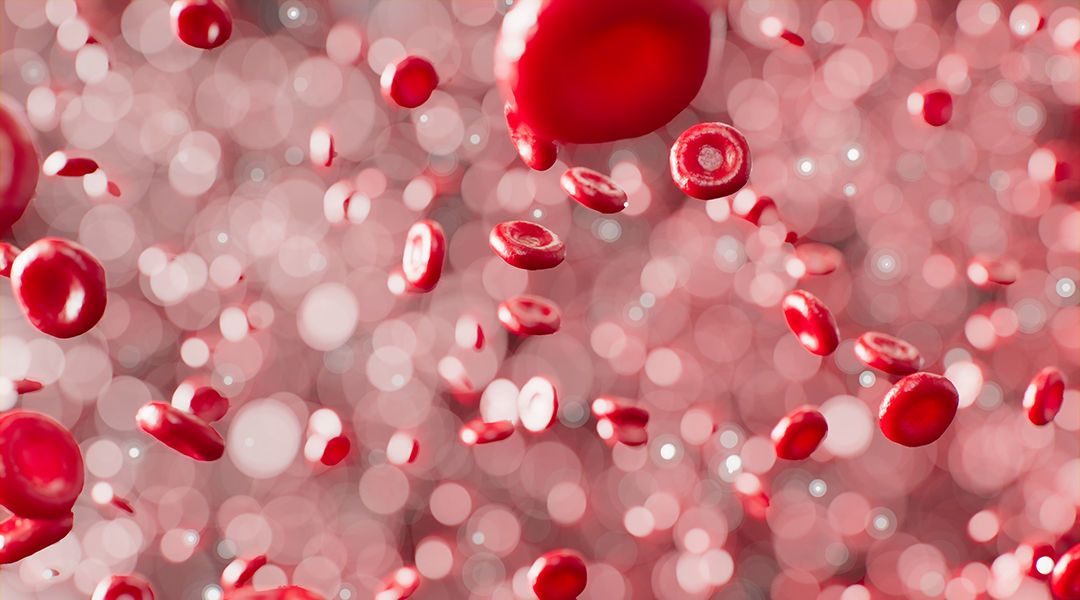

In a world first, UK authorities grant regulatory approval for a CRISPR gene therapy targeting sickle cell disease and β-thalassemia.

Cutting short “shut eye” by just an hour and a half a night directly impairs blood vessel cells in healthy women.

Molecules isolated from a rare cyanobacteria found in Japan found to have UV-absorbing, antioxidant, and anti-aging properties.
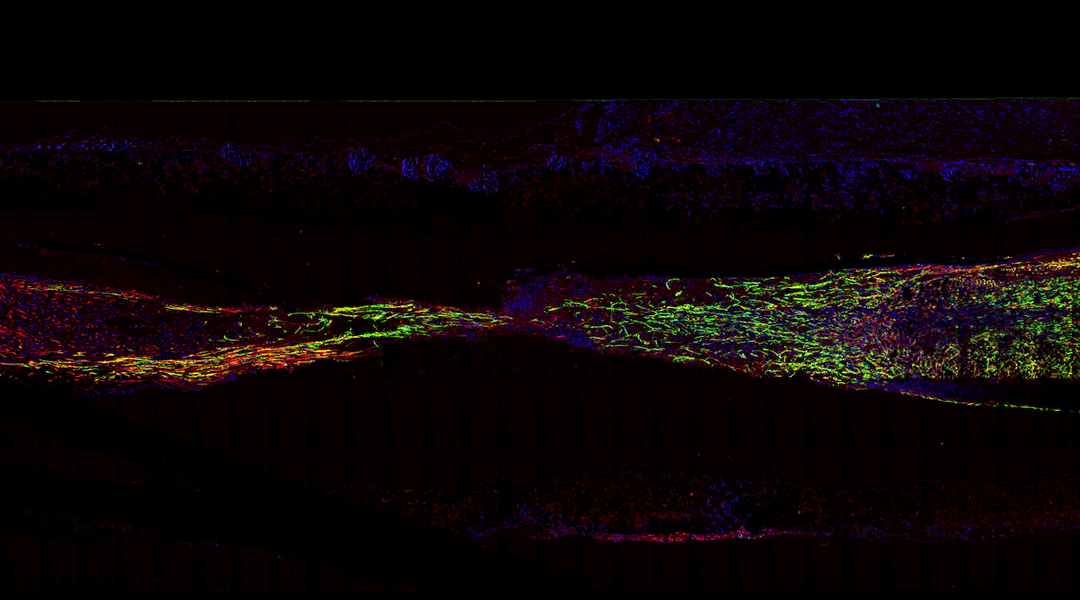
A fully biodegradable nerve scaffold not only helps regenerate damaged nerves, but negates the need for retrieval procedures.
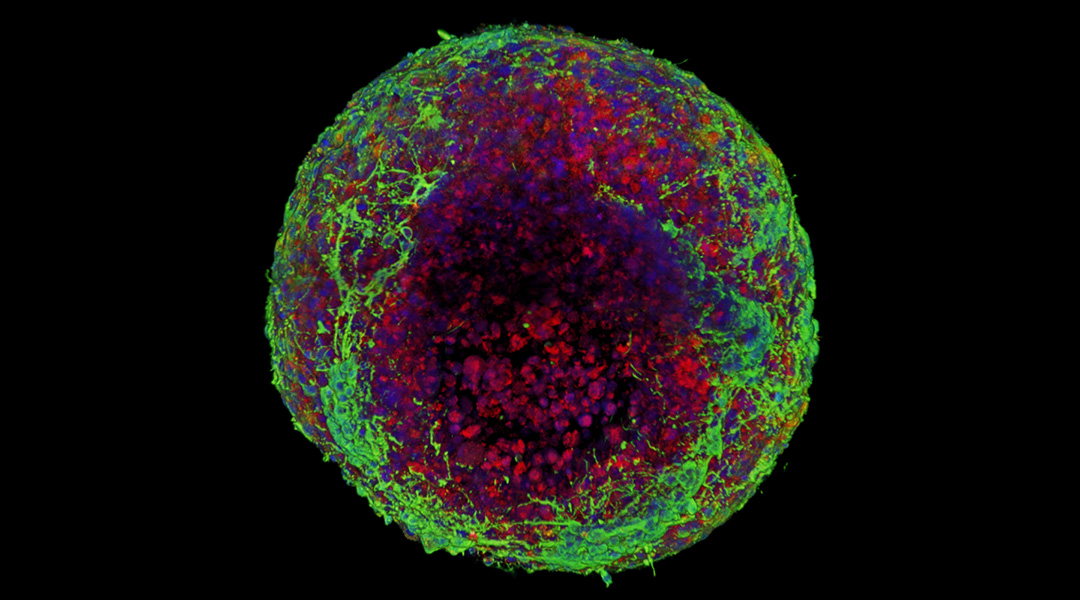
Growing brain tissue requires capturing the realistic “squishiness” and cohesion between cells, but how each cell type contributes has been a mystery.
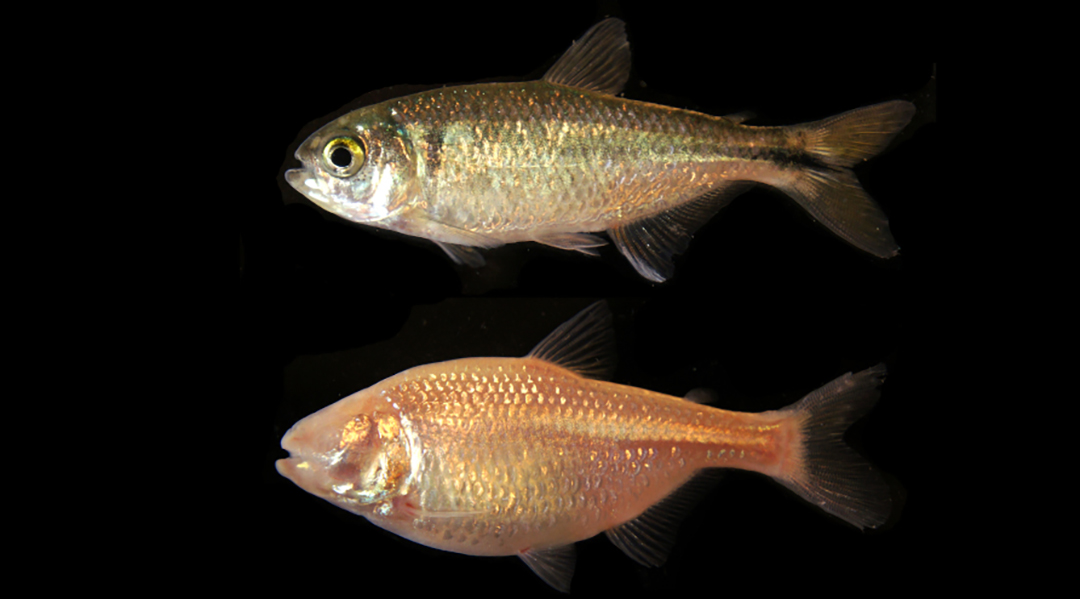
Cavefish studies hint at ketogenic diet’s impact on autism-like behavior, opening new paths for understanding and treatment.
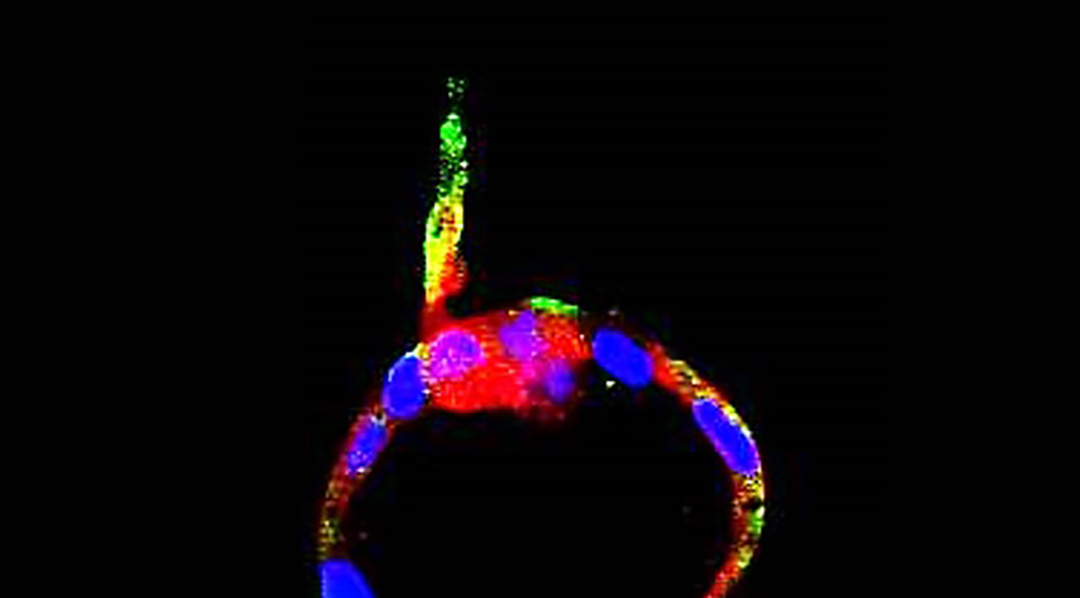
New research reveals the genetic roots of endometrial cancer using precision tools like CRISPR to build more accurate models.

Scientists reveal how antibiotic-resistant genes are spreading around the world, raising concerns about their rapid transmission and the role humans are playing.
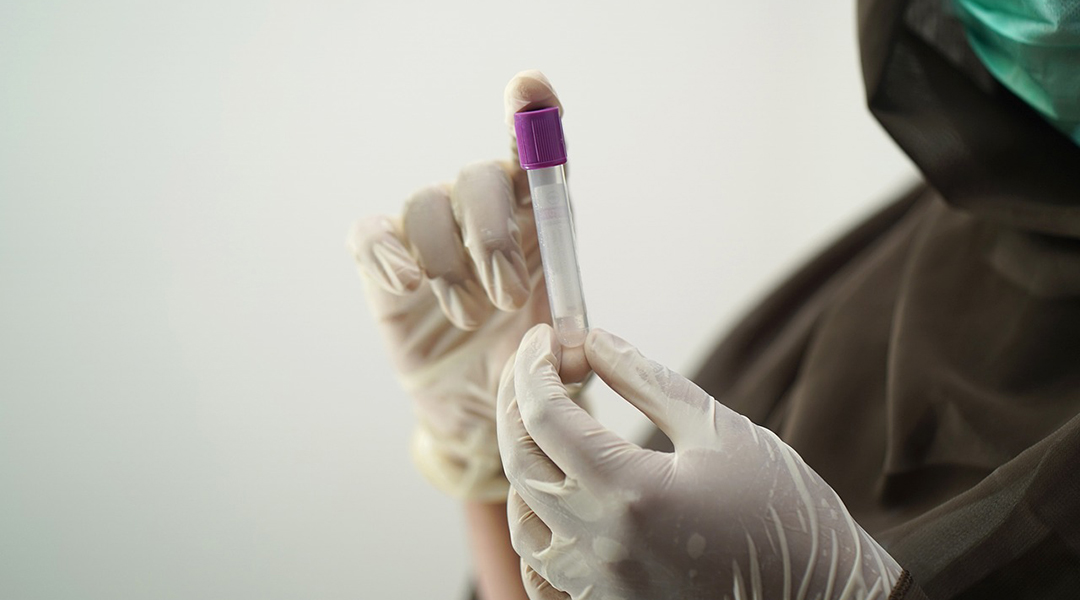
Research uncovers how tumor cells’ stem cell-like qualities and their ability to evade the immune system helps some cancers spread during metastasis.

Sleep apnea patients may soon sleep easier thanks to a comfortable, remote wearable device that tracks breathing patterns with the help of AI.